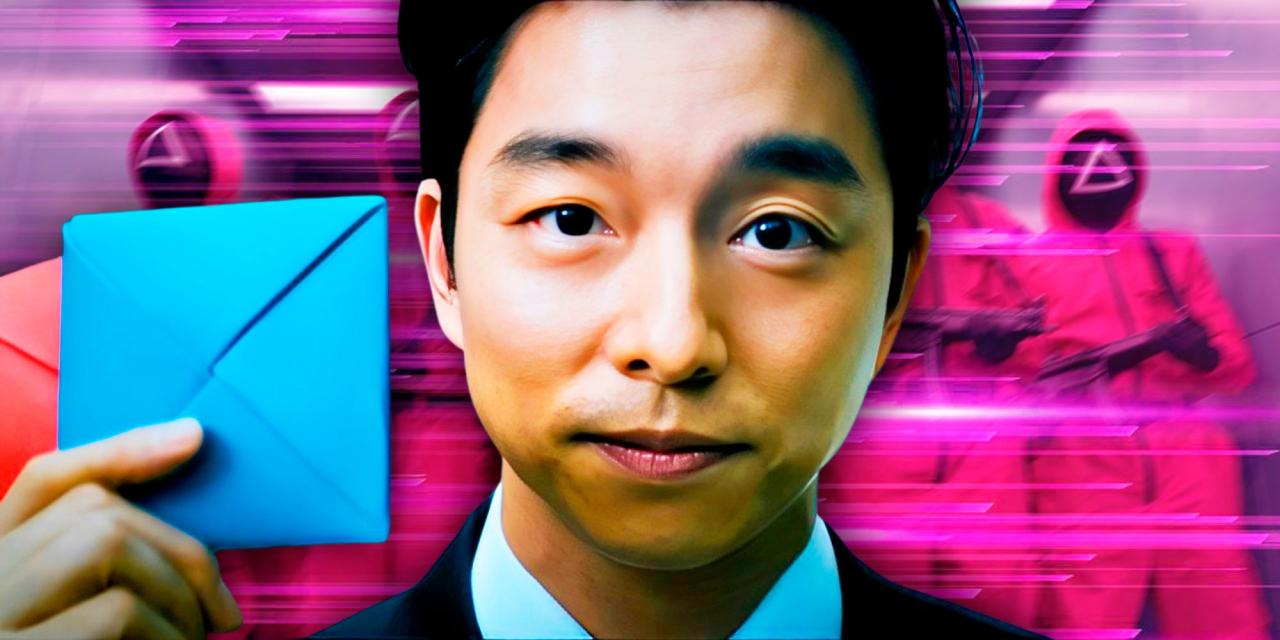Squid Game Histoire Vraie? Is the wildly popular Netflix show a reflection of harsh realities or pure fiction? This exploration dives into the socio-economic anxieties of South Korea that may have inspired the show’s brutal games and desperate characters. We’ll examine the real-life debt crises, societal pressures, and instances of exploitation that resonate with the show’s dark themes, comparing the fictional games to actual historical and traditional Korean children’s games.
Get ready to uncover the truth behind the shockingly popular series.
We’ll analyze the show’s global impact, exploring its cultural reception across different countries and how it shapes perceptions of South Korea. Furthermore, we’ll delve into the show’s powerful commentary on capitalism, inequality, and the psychological toll of extreme competition. By examining real-world parallels and statistics, we aim to provide a nuanced understanding of “Squid Game” and its place in contemporary society.
The Inspiration Behind “Squid Game”: Real-World Parallels: Squid Game Histoire Vraie
The immense popularity of “Squid Game” stems partly from its chillingly realistic portrayal of socio-economic struggles and societal pressures in South Korea, and indeed, globally. The show’s brutal games serve as a stark metaphor for the desperation faced by individuals burdened by crushing debt and societal expectations.
Socio-Economic Conditions in South Korea
South Korea’s rapid economic growth has been accompanied by significant income inequality and a highly competitive job market. The pressure to succeed academically and professionally is immense, leading to widespread stress and anxiety. A substantial portion of the population struggles with high levels of personal debt, often stemming from educational loans, housing costs, and the pressure to maintain a certain lifestyle.
Real-Life Debt Crises and Their Impact
Numerous instances of debt-related crises in South Korea highlight the show’s realism. The financial burdens faced by many families can lead to severe consequences, including homelessness, mental health issues, and even suicide. While the games in “Squid Game” are fictional, the desperation they represent reflects the very real struggles faced by many individuals caught in a cycle of debt.
Comparison of Games: Traditional vs. Show
The children’s games depicted in “Squid Game,” such as Red Light, Green Light and tug-of-war, are rooted in Korean tradition. However, the show twists these familiar games into deadly competitions, highlighting the stark contrast between innocent childhood memories and the brutal reality of life-or-death situations for those trapped in extreme poverty.
| Squid Game Game | Real-World Equivalent | Risk Level | Reward Level |
|---|---|---|---|
| Red Light, Green Light | High-stakes job interview | High (potential loss of opportunity) | High (potential for life-changing employment) |
| Tug-of-War | Corporate competition/Mergers & Acquisitions | High (potential for bankruptcy, job loss) | High (potential for increased market share, profits) |
| Marbles | Gambling/High-risk investment | High (potential for financial ruin) | High (potential for significant financial gain) |
| Glass Stepping Stones | Navigating risky financial markets | High (potential for complete financial collapse) | High (potential for enormous financial rewards) |
Societal Pressures and Real-World Counterparts
The show accurately depicts the intense societal pressures in South Korea, such as the emphasis on academic achievement, fierce competition for jobs, and the stigma associated with failure. These pressures are mirrored in many other highly competitive societies worldwide, contributing to widespread stress, anxiety, and a sense of desperation among individuals struggling to meet unrealistic expectations.
The Depiction of Violence and Exploitation: Fact vs. Fiction
The graphic violence in “Squid Game” is undeniably disturbing, raising significant ethical questions about its portrayal and potential impact on viewers. While the games are fictional, the underlying themes of exploitation and abuse resonate with real-world scenarios.
Ethical Considerations and Potential Impact
The show’s explicit violence sparked considerable debate about its ethical implications. Some argue that the graphic depictions desensitize viewers to violence, while others contend that it serves as a powerful commentary on the brutal realities of societal inequality. The potential impact on vulnerable viewers, particularly children, necessitates careful consideration.
Real-World Parallels to Exploitation and Abuse
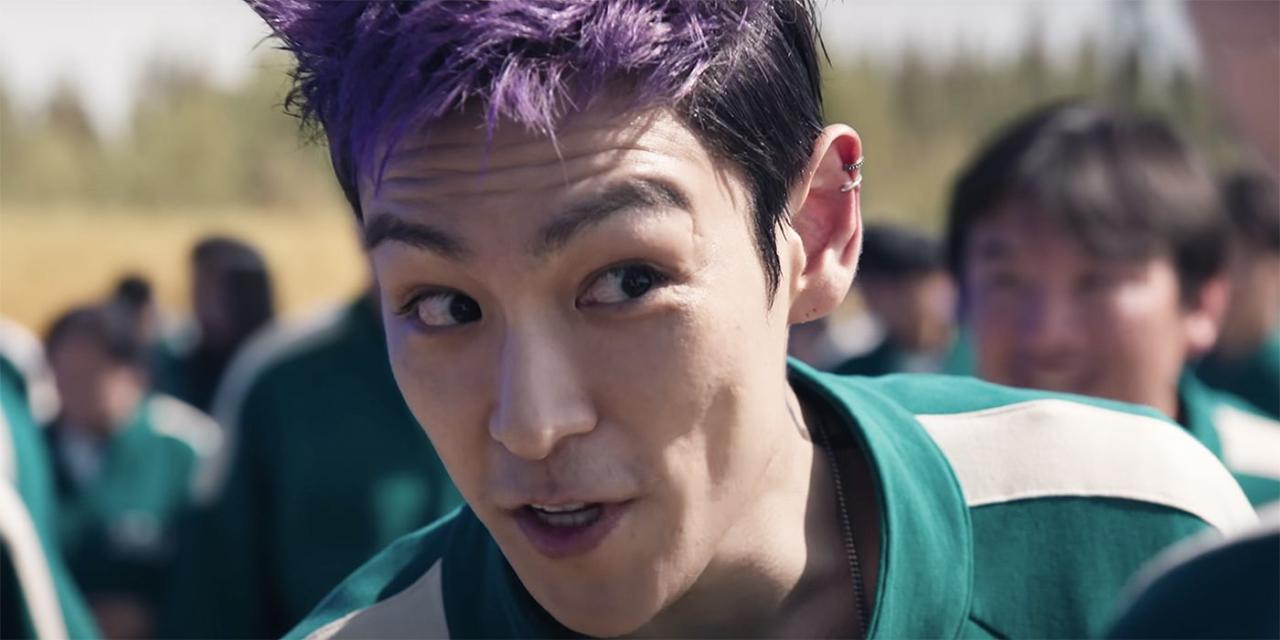
The exploitation and abuse depicted in “Squid Game,” where vulnerable individuals are coerced into participating in life-threatening games for the amusement of the wealthy elite, unfortunately finds parallels in real-world scenarios such as human trafficking, forced labor, and predatory lending practices. These real-world examples underscore the show’s disturbingly realistic portrayal of power imbalances and systemic exploitation.
Normalization of Violence in Media
The prevalence of violence in media raises concerns about its potential to normalize such behavior. While “Squid Game” uses violence to convey a message, the potential for desensitization and the impact on societal attitudes toward violence cannot be ignored. The show’s success highlights the need for critical media literacy and responsible content creation.
Scenes Depicting Violence and Intended Emotional Response
- The Red Light, Green Light game: Evokes fear, suspense, and the desperation of the contestants.
- The death of players in the various games: Inspires shock, sadness, and a sense of injustice.
- The VIPs’ reactions to the violence: Demonstrates callousness, cruelty, and the dehumanization of the players.
- Gi-hun’s emotional breakdown: Shows the psychological trauma and moral ambiguity of survival.
Hypothetical Real-World Scenario and Consequences
Imagine a scenario where a similar competition, albeit without lethal consequences, was held in a real-world setting, perhaps disguised as a reality TV show with extreme financial incentives. The potential for exploitation, manipulation, and psychological damage to contestants would be immense, mirroring the ethical concerns raised by “Squid Game” itself. The consequences could range from severe psychological trauma to legal repercussions for organizers and participants.
The Global Phenomenon of “Squid Game”: Cultural Impact and Reception
The show’s global success is attributed to several factors, including its compelling narrative, relatable themes, and effective use of visual storytelling. Its cultural impact is far-reaching, sparking discussions about social inequality, human nature, and the darker aspects of globalization.
Elements Contributing to Global Popularity
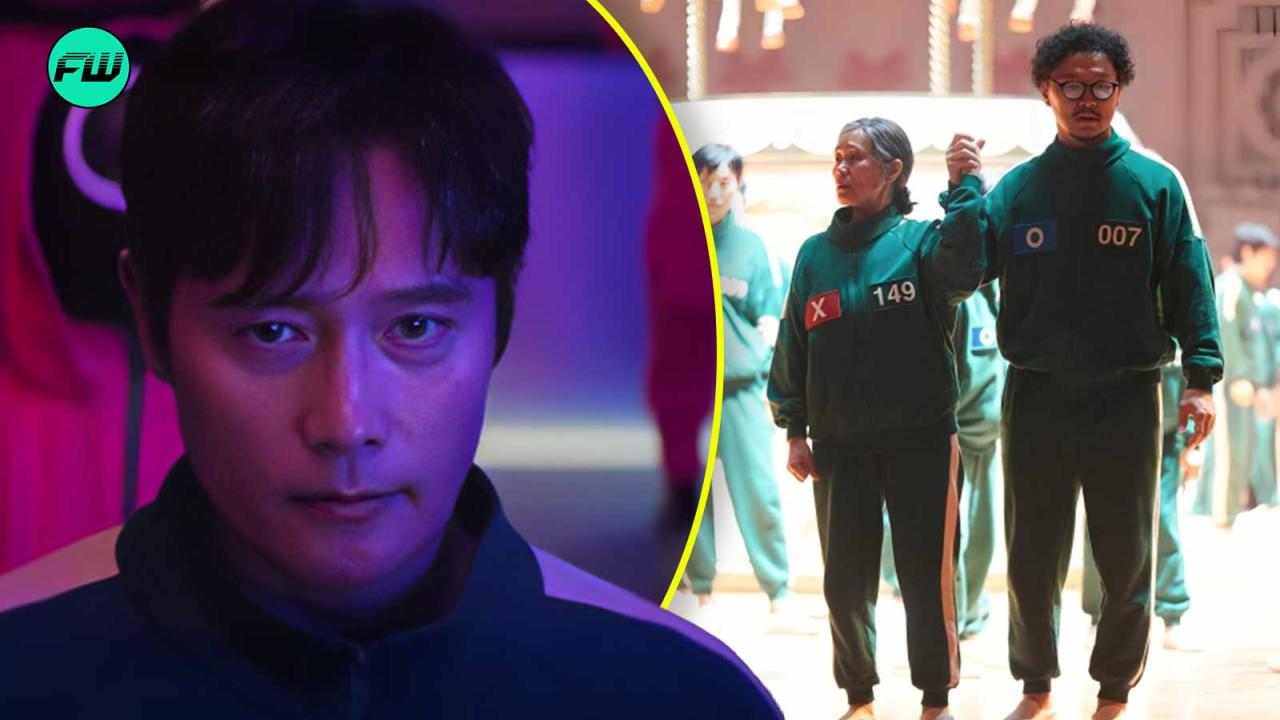
Several factors contributed to “Squid Game”‘s global success. The gripping narrative, relatable themes of debt and desperation, the unique blend of children’s games and brutal violence, and the strong performances by the cast all played a significant role. The show’s accessibility, being easily understood across cultural boundaries, also contributed to its widespread appeal.
So you’re curious about “Squid Game histoire vraie”? While the show’s fictional, the desperation it portrays is sadly real for many. Think about the sheer scale of that desperation, and then consider the visual spectacle of a completely different kind of spectacle: check out the incredible light shows, like the one at the shanghai drone show , which uses technology to create breathtaking displays.
The contrast highlights how even immense technological advancements can’t always erase the harsh realities reflected in “Squid Game histoire vraie”.
Cultural Reception Across Different Countries
While “Squid Game” resonated globally, its reception varied across different countries. In some cultures, the show’s violent content sparked controversy, while in others, it was embraced as a powerful social commentary. The show’s popularity, however, underscores the universality of its themes—the struggle for survival and the consequences of extreme inequality—which resonate across diverse cultural contexts.
So, you’re wondering about “Squid Game histoire vraie”? While the show’s fictional, its themes of desperation and societal inequality resonate. Think about the sheer scale of the games – imagine a spectacle like that, but instead of deadly contests, it’s a breathtaking drone show! Check out the amazing visuals planned for the shanghai drone show 2040 , which, while completely different, similarly showcases impressive organization and visual impact.
Returning to “Squid Game,” the contrast between the show’s bleakness and the futuristic spectacle of the drone show is pretty striking, isn’t it?
Reflection of South Korean Culture and Global Perceptions
“Squid Game” offers a complex portrayal of South Korean society, highlighting both its dynamism and its darker aspects. The show’s global success has undoubtedly shaped perceptions of South Korea, showcasing its cinematic capabilities while simultaneously prompting discussions about societal issues. The global audience’s engagement with these themes reflects a growing awareness of the challenges faced by many societies worldwide.
Resonance with Audiences Worldwide
The show’s themes of economic inequality, desperation, and the human cost of ambition resonate deeply with audiences worldwide, regardless of their cultural background. The struggles faced by the characters in “Squid Game” reflect the anxieties and uncertainties felt by many individuals in a globalized world marked by increasing economic disparities.
Global Cultural Trends Mirroring “Squid Game” Themes
- The rise of the gig economy and precarious employment.
- Increasing income inequality and wealth concentration.
- Growing awareness of mental health issues and the pressures of modern life.
- The popularity of dystopian fiction and survival narratives.
- Global discussions about social justice and economic fairness.
The Show’s Commentary on Capitalism and Inequality
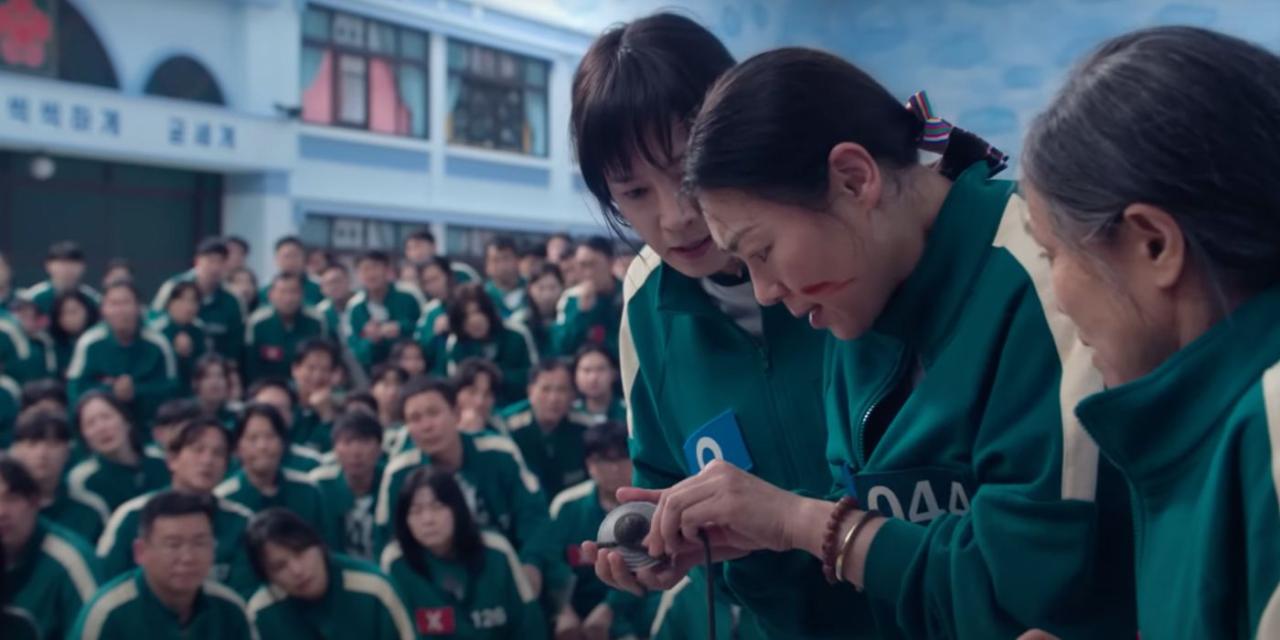
“Squid Game” offers a scathing critique of capitalism and its contribution to extreme economic inequality. The show vividly portrays the stark contrast between the wealthy elite and the impoverished participants, highlighting the systemic injustices that perpetuate this disparity.
Critique of Capitalism and Portrayal of Inequality
The show’s narrative implicitly criticizes the unchecked greed and indifference of the capitalist system, where the wealthy elite profit from the suffering of the marginalized. The games themselves symbolize the ruthless competition inherent in a system where survival depends on outmaneuvering others, often at great personal cost.
Real-World Events Supporting the Show’s Depiction
Numerous real-world events support the show’s depiction of societal disparities. The 2008 global financial crisis, for instance, demonstrated the devastating impact of unchecked capitalism on vulnerable populations. Similarly, the growing wealth gap in many countries reflects the systemic inequalities that the show highlights.
Real-World Statistics on Wealth Inequality and Debt
Statistics on wealth inequality and debt vary across countries, but the general trend shows a widening gap between the rich and the poor. Organizations like Oxfam regularly publish reports documenting this disparity, providing data that supports the show’s depiction of a system where a small percentage of the population controls a disproportionate share of wealth, leaving the majority struggling to make ends meet.
Perspectives on Wealth Distribution and Economic Systems
The show presents contrasting perspectives on wealth distribution and economic systems. The VIPs represent the beneficiaries of the current system, while the players represent those exploited by it. This juxtaposition highlights the ethical dilemmas inherent in extreme economic inequality and encourages viewers to consider alternative models of wealth distribution and economic organization.
Visual Representation of Wealth Disparity
The opulent VIP lounge, filled with lavish furnishings and decadent displays of wealth, stands in stark contrast to the squalid conditions endured by the players. This visual dichotomy serves as a powerful symbol of the vast chasm separating the wealthy elite from the impoverished masses, highlighting the systemic injustices that perpetuate this inequality.
The Psychological Impact of Extreme Competition and Survival
The intense psychological pressures faced by the characters in “Squid Game” are a central theme, revealing the fragility of the human psyche under extreme conditions. The show explores the complex interplay of survival instincts, moral compromise, and the devastating consequences of relentless competition.
Psychological Pressures and Impact on Behavior
The characters’ experiences illustrate the profound impact of extreme competition and the fight for survival on mental and emotional well-being. The constant threat of death, coupled with the pressure to betray trust and compromise morality, leads to significant psychological distress, impacting their decision-making and relationships.
Survival Instincts and Moral Compromise, Squid game histoire vraie
“Squid Game” vividly portrays the conflict between survival instincts and moral principles. Many characters are forced to make difficult choices, sacrificing their ethics for a chance at survival. This internal conflict reflects the complex psychological dynamics of high-stakes situations where the desire to live overrides moral considerations.
So you’re wondering about “Squid Game histoire vraie”? While the show’s fictional, the harsh realities of debt and societal inequality it depicts are very real. Think about the pressure – it’s a bit like the pressure on the Gonzaga basketball team, who famously travel by gonzaga basketball plane , a stark contrast to the desperation shown in the Squid Game.
Ultimately, both situations highlight different facets of intense competition and the stakes involved. The show’s popularity shows how relatable those struggles are to many.
Comparison to Real-World Scenarios
The psychological effects of extreme competition depicted in “Squid Game” find parallels in real-world scenarios, such as high-stakes competitions (e.g., Olympic Games, business environments), military training, and survival situations (e.g., natural disasters). These scenarios often reveal the human capacity for both resilience and extreme acts driven by the need for survival.
Characters’ Psychological Transformations
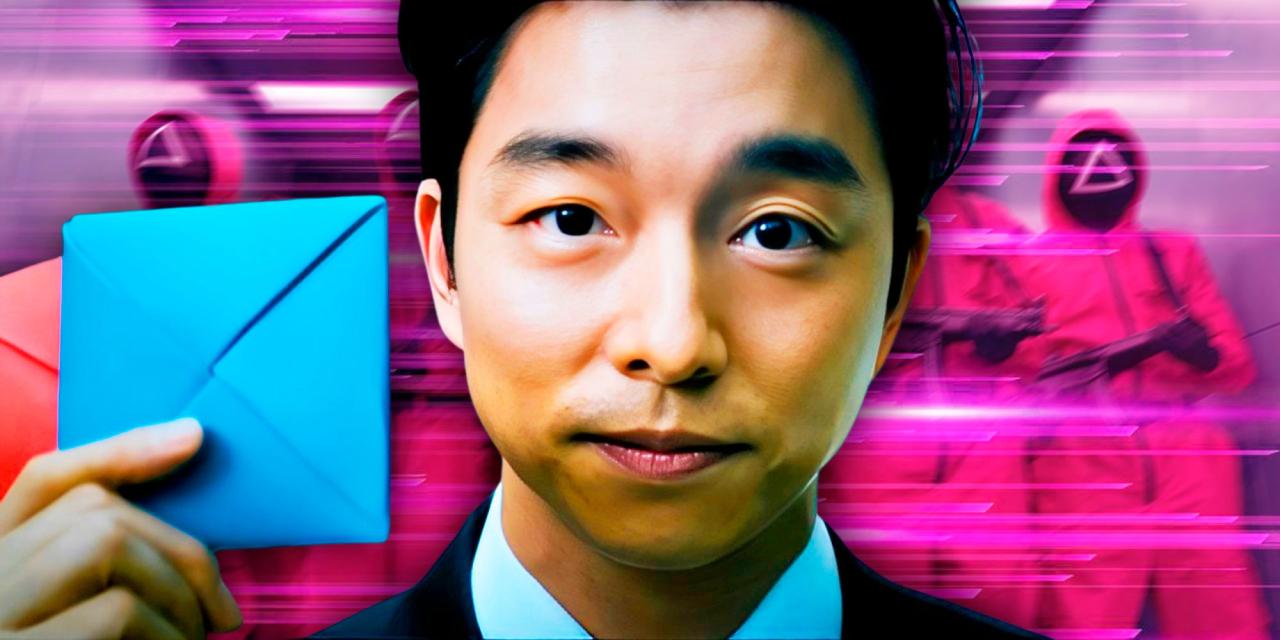
- Gi-hun’s transformation from desperate gambler to hardened survivor.
- Sang-woo’s descent from ambitious student to ruthless competitor.
- Ali’s unwavering loyalty and eventual tragic fate.
- The gradual erosion of morality among many contestants.
Psychological Toll on Contestants: Mental and Emotional Consequences
The psychological toll on the contestants is immense, leaving lasting scars on their mental and emotional well-being. The trauma of witnessing violence, participating in deadly games, and experiencing betrayal takes a heavy toll, leading to PTSD, anxiety, depression, and other mental health issues. The show’s depiction highlights the profound and long-lasting effects of extreme pressure and trauma on the human psyche.
Conclusion
Ultimately, while “Squid Game” is a fictional work of entertainment, its enduring popularity stems from its unsettling reflection of real-world struggles. The show’s exploration of debt, inequality, and the human cost of extreme competition resonates with audiences globally. By understanding the show’s inspiration and its commentary on societal issues, we can gain a deeper appreciation of its cultural impact and its powerful message about the human condition.
The games may be fictional, but the desperation and anxieties they represent are tragically real.
Answers to Common Questions
What inspired the games in Squid Game?
The games are inspired by a mix of traditional Korean children’s games and the creators’ own childhood experiences, but the extreme, deadly consequences are entirely fictional.
How accurate is the portrayal of South Korean society in Squid Game?
While exaggerated for dramatic effect, the show touches upon real issues like economic inequality, debt, and societal pressure in South Korea, albeit in a heightened, fictional context.
Did Squid Game cause a real-life increase in dangerous games?
Reports of children attempting to recreate some of the games exist, highlighting the show’s impact and the need for responsible media consumption.
